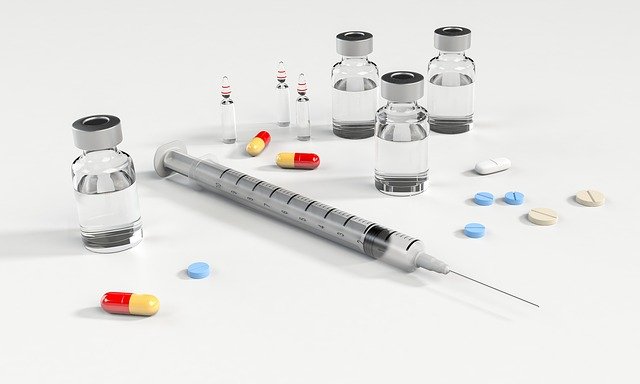
You probably didn’t expect to become hooked to drugs or alcohol when you first started using them. Don’t beat yourself up if you’re having trouble with this right now.
The first and most crucial step is admitting that you have a problem and that your addiction is interfering with other elements of your life. If this is where you’re at, you’ve taken a vital step in learning how to overcome your addiction. Here is a guide on overcoming addiction:
Overcoming Addiction
We must start by saying this: Drug or alcohol addiction is not a weakness, moral failing, or fault with your character. Rather, substance use disorders (SUDs) are chronic mental health diseases characterized by an inability to manage your drug or alcohol use.
What does this mean? While the decision to first use drugs or alcohol is typically voluntary, persistent problematic use may be accompanied by brain alterations that ultimately make it exceedingly difficult for some people to quit using the substance.
Fighting addiction is therefore not a matter of willpower or desire — it’s a matter of identifying a problem and seeking treatment. Just as every person is unique, the manner in which you go about recovering from addiction must be unique and suited to your personal needs to be ideally effective.
If you want to know how to heal from substance abuse disorders, and co-occurring mental health conditions such as depression or anxiety, you should understand that it may take time and persistence to recover, but recovery is well worth the effort. One of the most beneficial things you can do for your general health and well-being is to reclaim control of your life and begin the road to recovery.
Understanding Addiction: Why Is It So Difficult to Give Up Drugs?
Some substances tend to be addictive not because of a person’s weaknesses, but because of the way they alter specific aspects of brain function. Drugs, for example, can alter the way your brain relays messages through a process called neurotransmission. One neurotransmitter, in particular, called dopamine, is seen to rise in response to certain types of substance abuse.
A drug-induced increase in dopamine activity can have reinforcing effects, increasing the likelihood of compulsive drug usage. Many of the most commonly abused substances have an effect on dopamine activity in the reward areas of the brain.
Dopamine neurotransmission underpins sensations of motivation, pleasure, and reward and as such, is thought to be involved in the development of addiction. How so? Dopamine is typically released in reaction to enjoyable actions such as eating or having sex. If you would like to learn more about sex addiction then see here. When people use drugs, however, dopamine is released to give the same effect of happiness and pleasure.
Consequently, drug consumption leads to a pleasurable euphoria, encouraging the drug user to repeat the experience. This is one of the reasons why many drugs are regarded as “reinforcing” and why drug addiction can be so difficult to overcome.
Nevertheless, dopamine isn’t the only factor involved in addiction. The way drugs affect the brain is a complicated phenomenon that is influenced by a number of factors. For example, certain types of addiction have been linked to lower activity in the frontal cortex, which is the portion of the brain that helps you make decisions.
What does this mean? That stopping some substances may not be as simple as making the decision to stop, even if you are aware of the dangers of drug misuse and have personally experienced its negative consequences.
Why Should You Try Your Best To Overcome an Addiction?
Overcoming drugs is not a walk at the park. Despite the fact that it can be difficult, however, the advantages of overcoming addiction far surpass any apparent advantages of continuing to use substances. Quitting drugs or alcohol can improve your life in the following ways:
• It can help you improve your mental and physical health
• It lowers your risk of chronic diseases
• It helps repair your relationships and family life
• It avoids future bad repercussions at work or school
• Helps boost your energy and morale
• Improve your looks
• It saves money
Habits Can Make Or Break You
Overall, quitting drugs and seeking expert help for substance misuse can assist you in reclaiming your life and realizing your full potential. As well all know, habits can make or break us by influencing our daily actions and even how we feel about ourselves. Trying to break a habit this year and watch your life improve!